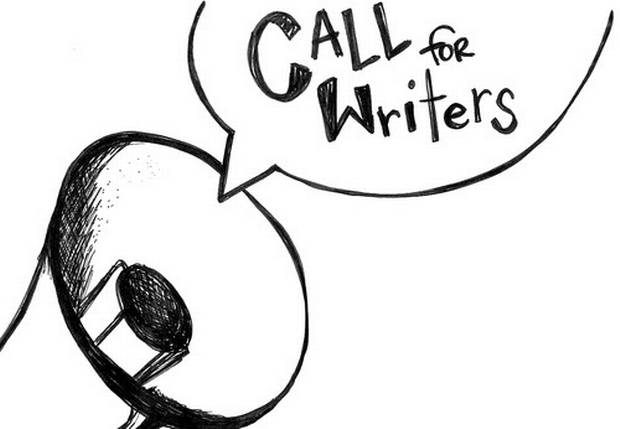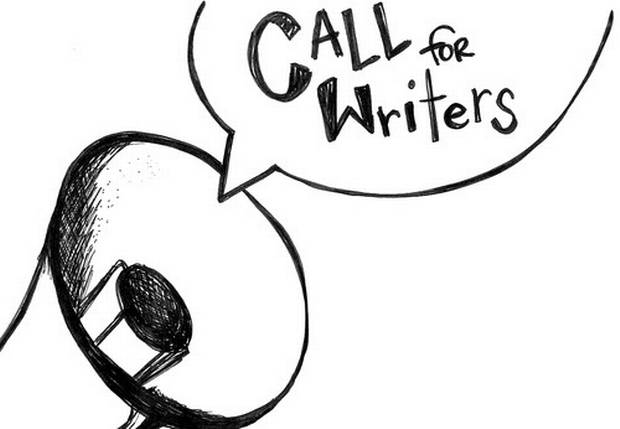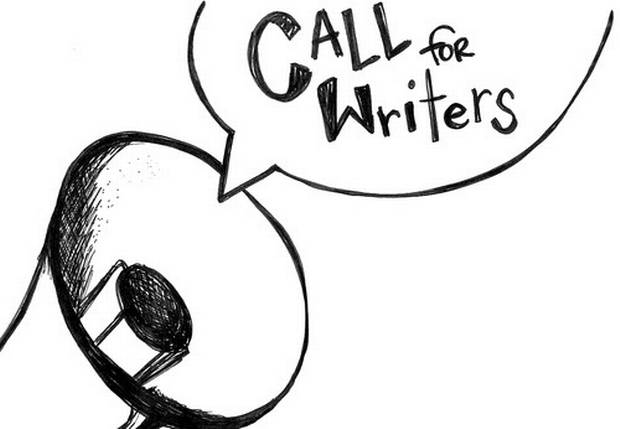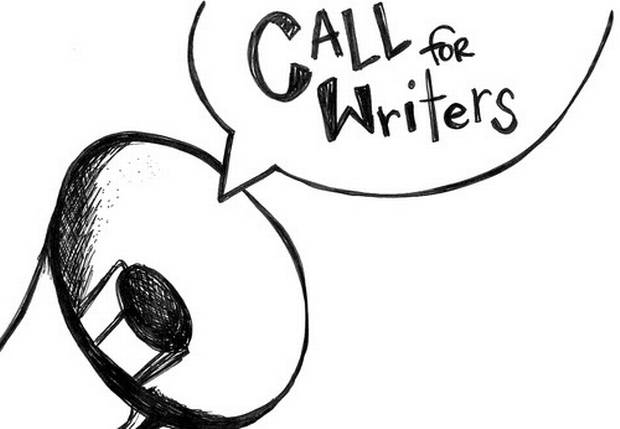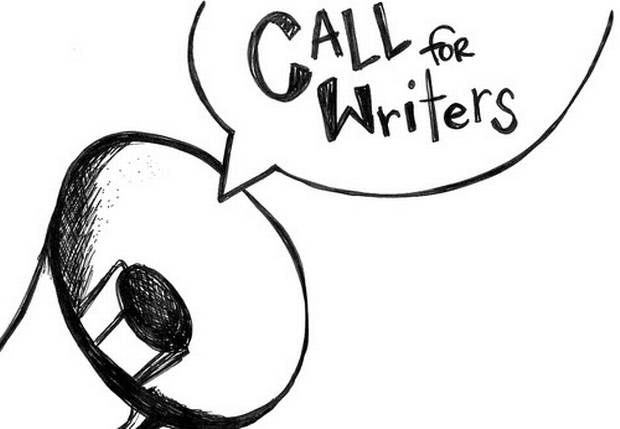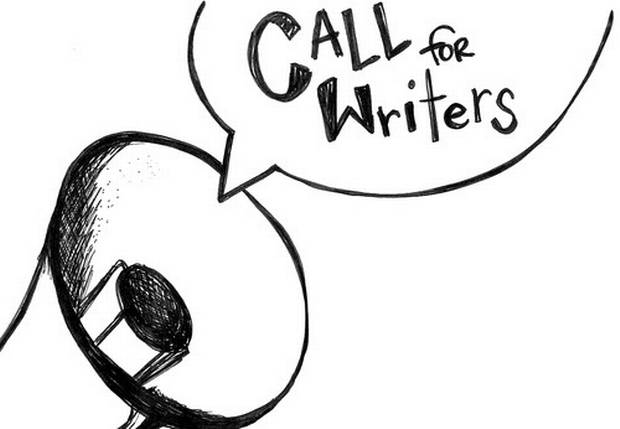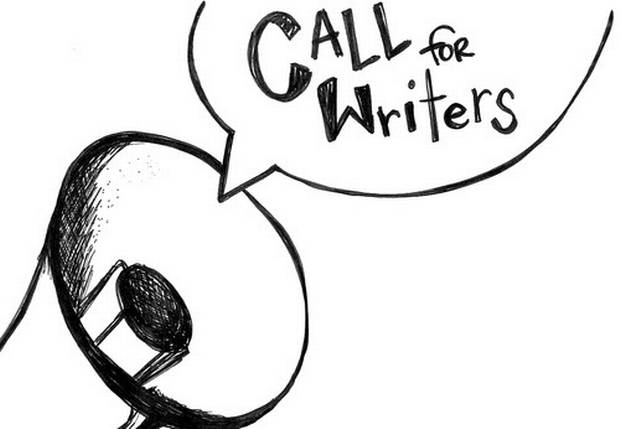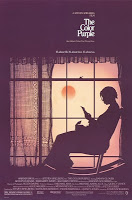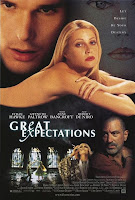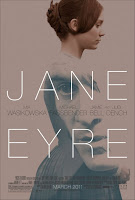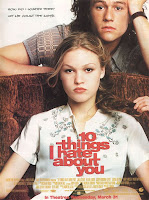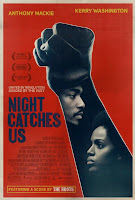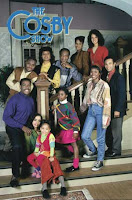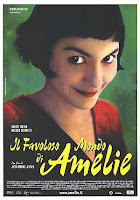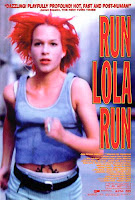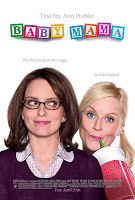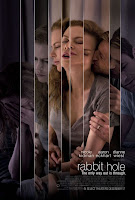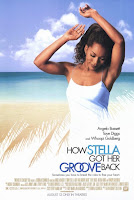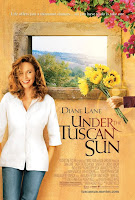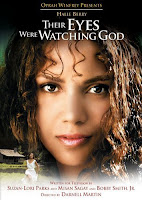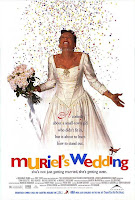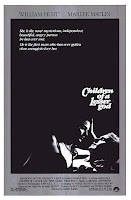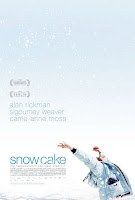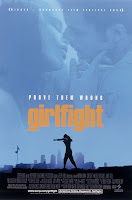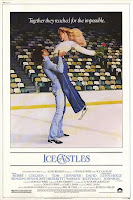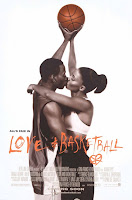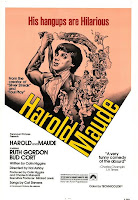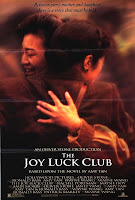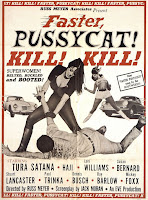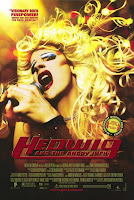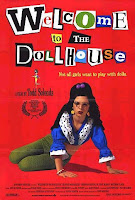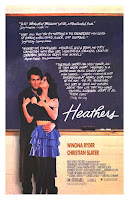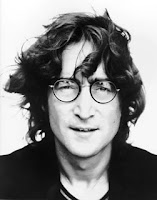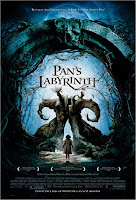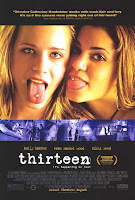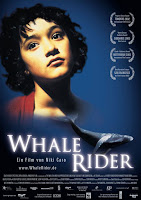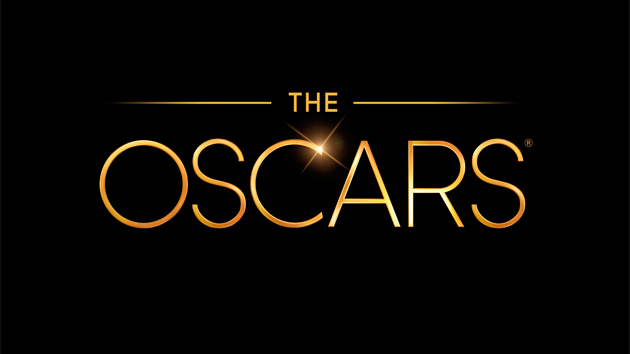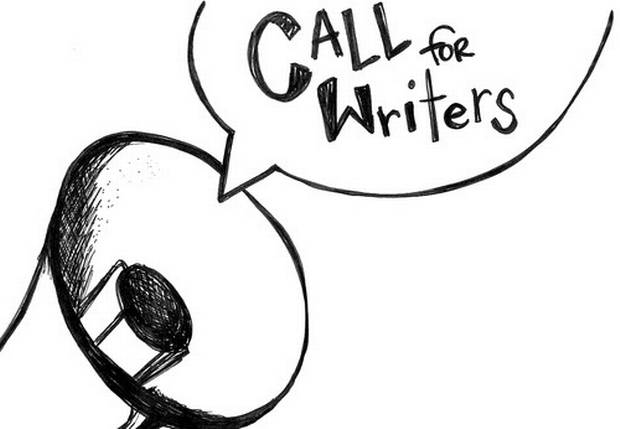 |
| Call for Writers: Older Women in Film and TV |
“Once women passed childbearing age they could only be seen as
grotesque on some level.”
– Meryl Streep
As female actresses age, their roles–in film and television–seem to rapidly diminish. In a 2012 interview with Vogue, Meryl Streep said that when she turned 40 in 1989, “I remember turning to my husband and saying, ‘Well, what should we do? Because it’s over.’” The magazine points out that, “The following year, she received three offers to play witches in different movies.” She has gone on to star in many multifaceted roles, but her observation of ageism in Hollywood–against women specifically–is on point.
In a recent interview, Melanie Griffith described the same frustrations: “It is what I never thought would happen when I was in my 20s and 30s, hearing actresses b—- about not getting any work when they turned 50. Now I understand it, it is just different. It is all about youth and beauty, for women anyway…”
While some publications point out that the “over-40 actress” is seeing fame and fortune in today’s Hollywood, others depressingly point out that this might have something to do with an advance in “anti-ageing techniques” (while citing Tina Fey’s assertion in Bossypants that men cast who they find “fuckable”). Not surprisingly, a majority of women between 50-75 have reported being unsatisfied with the representation of their age bracket (and especially their sexual desires) on film. Older mother/daughter duos on screen are often just a few years apart in real life.
Bitch Flicks‘s Robin Hitchcock looked at statistics from the Oscars over the years, and found that female actresses win more awards when they are young, and male actors win more awards as they age. It’s all too clear not only what Hollywood values, but also what we’ve been conditioned to expect. Statistically, male protagonists may get older, but their love interests do not.
This month at Bitch Flicks, our theme week will explore “Older Women in Film and TV,” and we are excited to open up the floor to analysis of films and television shows that get older women right, and those that get older women wrong. We look for analysis of the film or show as a text, but also for specific character studies, in addition to general commentary.
Below is just a sampling of films and television shows that highlight older women:
Amour
Harold and Maude
Away From Her
Golden Girls
The Joy Luck Club
Refuge
Damages
Over the Hill Band
Joan Rivers: A Piece of Work
Made in Dagenham
Calendar Girls
Shirley Valentine
Another Happy Day
The Stone Angel
Hot in Cleveland
RED
RED 2
The Iron Lady
The Turning Point
Something’s Gotta Give
Being Julia
The Best Exotic Marigold Hotel
Bread and Tulips
Absolutely Fabulous
All About Eve
The Hot Flashes
Under the Tuscan Sun
Two For The Road
Young at Heart
Death Becomes Her
Fried Green Tomatoes
–Send your piece in the text of an email, attaching all images, no later than Friday, September 20.
–Include a 2-3 sentence bio for placement at the end of your piece.
